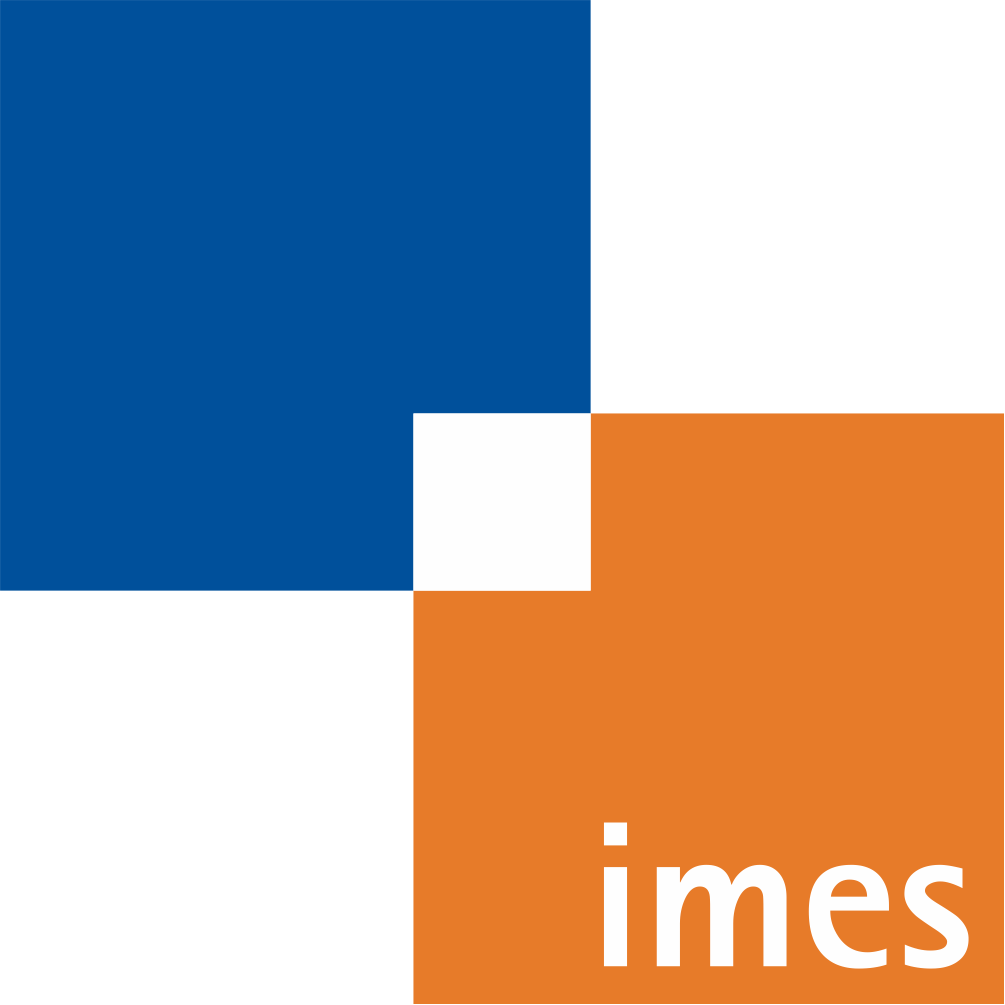Reference-Adapting Iterative Learning Control for Motion Optimization in Constrained Environments
- verfasst von
- Michael Meindl, Simon Bachhuber, Thomas Seel
- Abstract
Optimizing controllers for reference tracking in real-world environments typically requires laborious manual tuning of a control policy to ensure safe operation under constraints. In this work, a Reference-Adapting Iterative Learning Control (RAILC) scheme is proposed that enables autonomous motion optimization for multi-input/multi-output systems with linear, inequality constraints. The proposed method consists of a standard ILC system that iteratively updates an input feedforward trajectory to learn to perform the desired, optimal motion which is encoded as a reference trajectory. To also ensure compliance with the constraints on every single trial, the standard ILC is modularly extended by a reference adaptation scheme. Both feasibility and constraint compliance of the proposed RAILC method are formally proven. Furthermore, it is shown that monotonic convergence of the underlying ILC scheme guarantees stability and monotonic convergence of the proposed RAILC method. The method's capability to solve reference tracking and motion optimization problems for constrained MIMO systems is validated by two simulation examples including a two-link robot that - by means of the proposed method - learns to increase the execution speed of a desired motion by a factor of five.
- Organisationseinheit(en)
-
Institut für Mechatronische Systeme
- Externe Organisation(en)
-
Friedrich-Alexander-Universität Erlangen-Nürnberg (FAU Erlangen-Nürnberg)
- Typ
- Aufsatz in Konferenzband
- Seiten
- 4143-4150
- Anzahl der Seiten
- 8
- Publikationsdatum
- 16.12.2024
- Publikationsstatus
- Veröffentlicht
- Peer-reviewed
- Ja
- ASJC Scopus Sachgebiete
- Steuerungs- und Systemtechnik, Modellierung und Simulation, Steuerung und Optimierung
- Elektronische Version(en)
-
https://doi.org/10.1109/CDC56724.2024.10886730 (Zugang:
Geschlossen)
